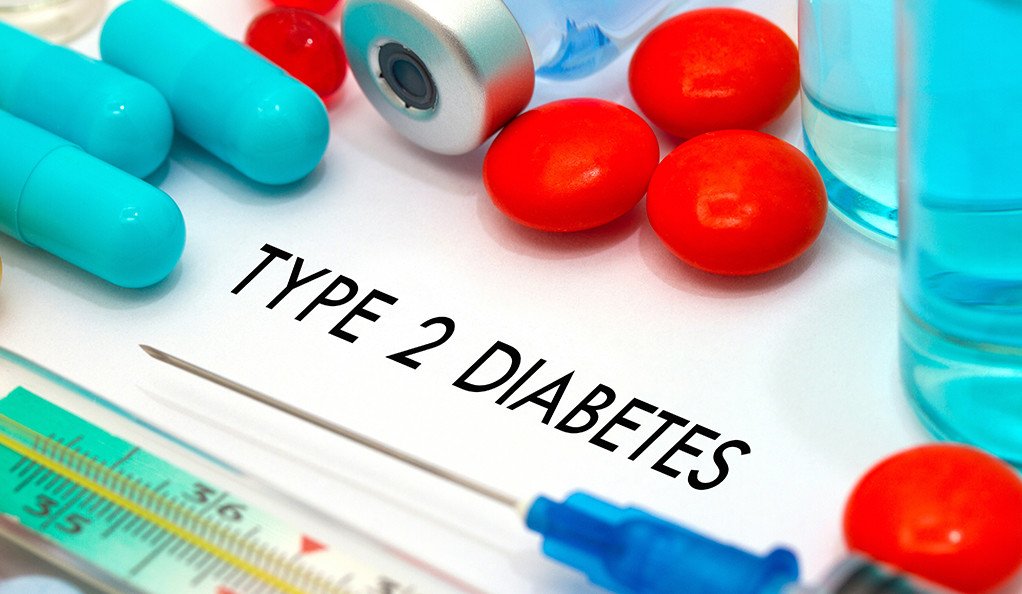
Diabetes Type 2 Warning: Unusual Smell
Diabetes type 2 symptoms include unexplained weight loss, feeling very tired, and use the toilet more frequently than normal. But if you notice this “odor”, you may also be at risk of high blood sugar. Should you talk to your doctor about diabetes symptoms?
Diabetes is a common disease affecting more than 4 million people in the UK, 90% of which are caused by type 2 diabetes. This is because the pancreas does not produce enough hormone insulin, or the body does not respond to insulin. If there is not enough insulin, the body will try to convert the sugar in the blood into usable energy. According to reports, if you notice an abnormal smell in your breath, you may have diabetes.
When there is not enough insulin in the body, it begins to burn fatty acids, producing acid ketones in the process. However, these ketones can be very dangerous and can cause serious illness or even death.
“Diabetes ketoacidosis is a dangerous complication for diabetics that occurs when the body begins to run out of insulin,” it said.
“If diabetics show signs of ketoacidosis, this should be considered an emergency. “Typical symptoms of diabetic ketoacidosis include vomiting, dehydration, confusion, and abnormal breathing – sometimes compared to the smell of pear drops.
“If blood sugar levels rise and are still too high, the symptoms of diabetic ketoacidosis usually develop within 24 hours.” Bad breath is a common condition that can be caused by certain problems with the teeth – including gum disease – or smoking.
You can reduce the risk of bad breath by brushing your teeth at least twice a day and by regular dental checkups. Many people may have diabetes without their knowledge, because symptoms may not make you feel uncomfortable.
Common symptoms of diabetes include more than normal urine output, blurred vision, and longer wound healing time than normal. Tell your doctor if you are concerned about the symptoms of diabetes or if you think you may be at risk. Early diagnosis is critical because diabetes increases the risk of heart disease and stroke.
You can reduce your risk through a healthy and balanced diet and regular exercise. Everyone should be committed to a medium-intensity activity of at least 150 minutes per week.

Expert Installation: Tips for Choosing Air Conditioning in Brisbane

How to Maintain a Rotary Vane Air Compressor

Pet Hospital Logo Design Samples

Expert Installation: Tips for Choosing Air Conditioning in Brisbane

How to Maintain a Rotary Vane Air Compressor

Pet Hospital Logo Design Samples


